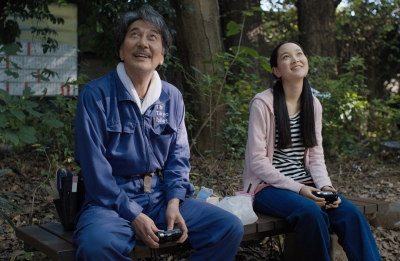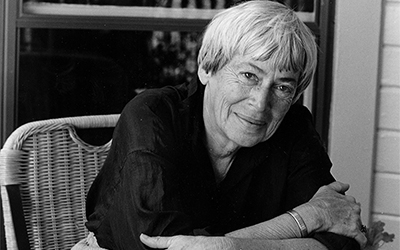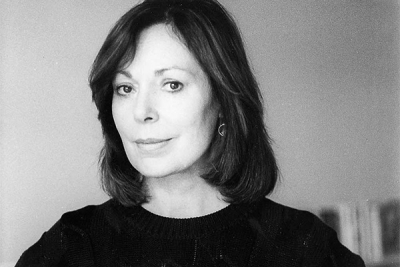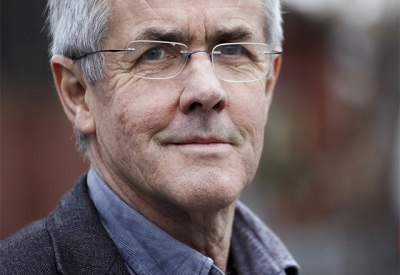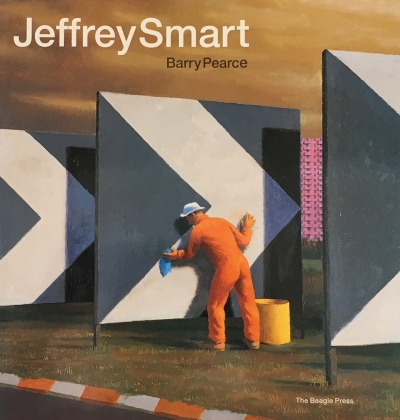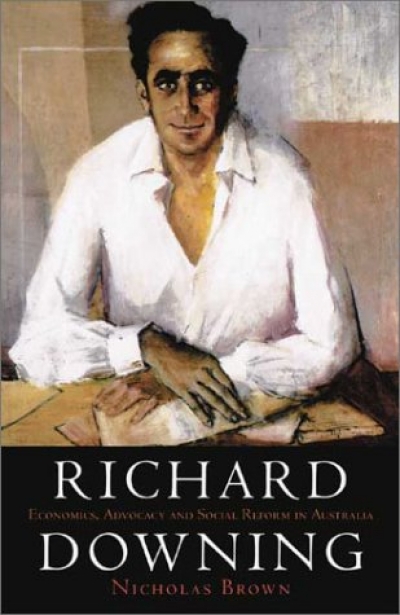Drugs
Expanding Mindscapes: A global history of psychedelics by Erika Dyck and Chris Elcock
by Ben Brooker
An anthology dedicated to the transnational history of psychedelic drugs and culture seems a timely enterprise. We are twenty or so years into what has become known as the ‘psychedelic renaissance’, the global revival of interest in compounds such as LSD, mescaline, and psilocybin centring on their use alongside psychotherapy as treatments for a growing number of mental health disorders.

















